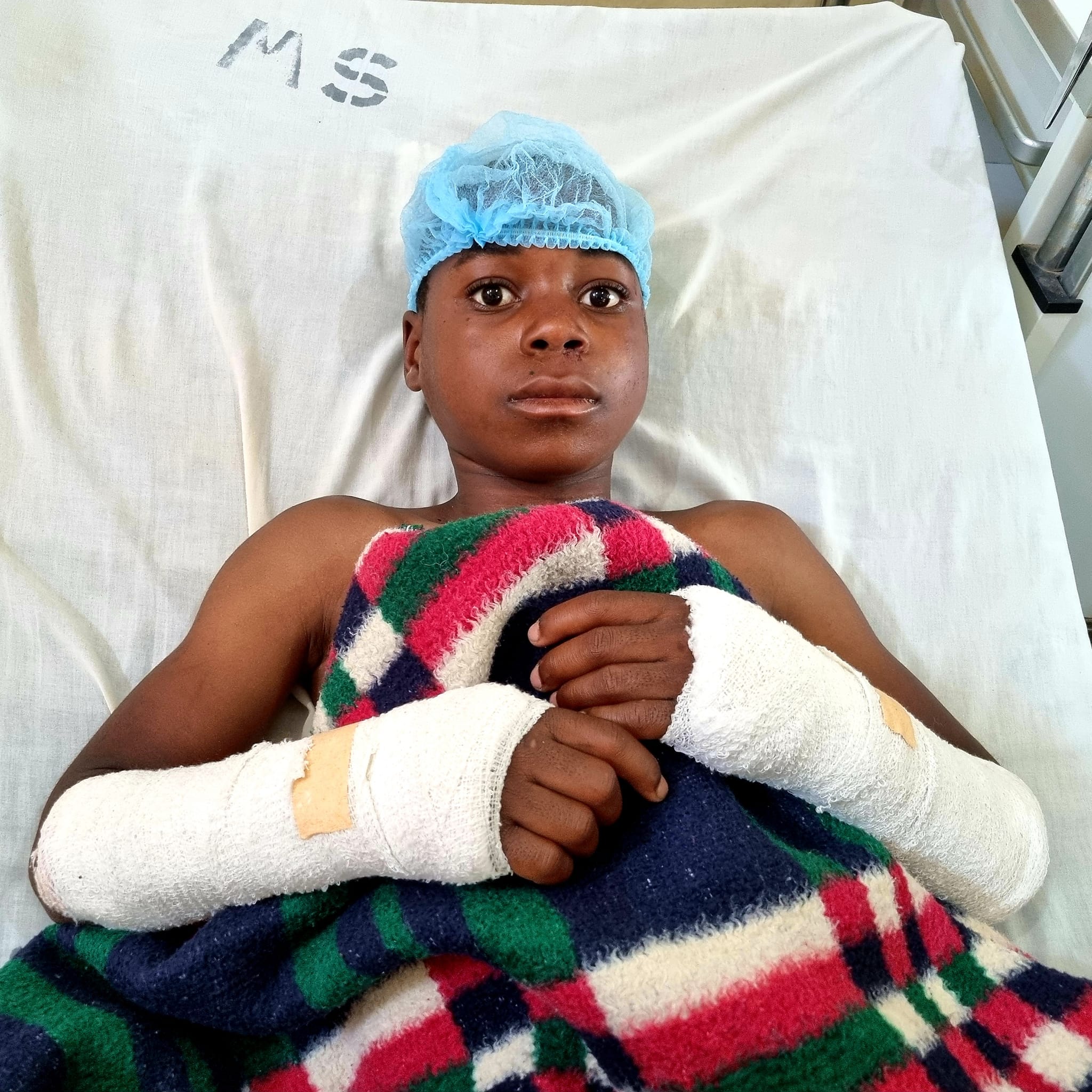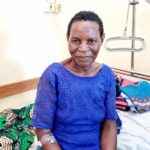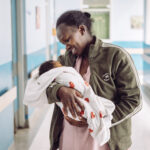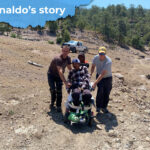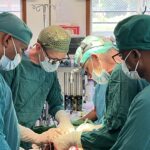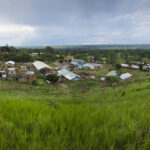“Mango season is trauma season…”
Believe it or not, when mangoes grow ripe in the plateaus of Malawi, the risk of traumatic injury rises. Women and children ascend up mango trees to gather fruit, either to feed families or just to grab a quick treat. Tree climbing, however, comes with its own perils.
In early November, mango season in Malawi, 13-year-old Immanuel did what any other local boys would do and decided to climb a mango tree to pick fruit. The climb was risky, as large mango trees can reach dozens of feet in height. Immanuel fell forward out of the tree with his arms extended, breaking his wrists when he hit the ground.
Immanuel couldn’t find the strength to stand. His friends and family knew this was more than a short fall – he was critically injured. Rather than wait a long time to seek care, as many local families often do, Immanuel was taken to Nkhoma Hospital’s ER equivalent, the “casualty ward,” soon after his injury.
Immanuel’s heart was racing. His elevated pulse signaled something worse than the obvious broken wrists. Hospital staff called in surgical residents and CHSC trauma surgeon Dr. Beth Stuebing, who examined Immanuel with a handheld ultrasound unit on his belly and near his right hip, where the pain was growing.
The tests revealed a positive FAST (focused assessment with sonography in trauma) – Immanuel was bleeding internally. When taken to the operating room, one of the few quality ORs in the country, Beth and her colleagues discovered Immanuel’s spleen was ruptured, and x-rays showed his pelvis was fractured with a thin crack.
“There are the obvious injuries, like what people are complaining about, but the life threatening injury was on the inside,” Dr. Stuebing said. “If he had gone somewhere that just splinted or casted his arms, he could have bled to death. It really gave the staff the importance of the full trauma assessment and looking at everything, prioritizing life over limb.”
The team safely removed Immanuel’s spleen and gave him two forearm casts. He stayed in bed for a week while his pelvis healed.
Having access to qualified surgeons like Dr. Stuebing, as well as the national surgical residents she helps train through the Pan-African Academy of Christian Surgeons (PAACS) made the difference in diagnosing and treating Immanuel’s injuries. CHSC and PAACS hope to raise up more national surgeons so more children like Immanuel can receive the same high level of care no matter what hospital they visit.
“If the family had gone to a health center somewhere else, or a smaller hospital without an ultrasound, it could have been a very, very different outcome.” Dr. Stuebing said.
